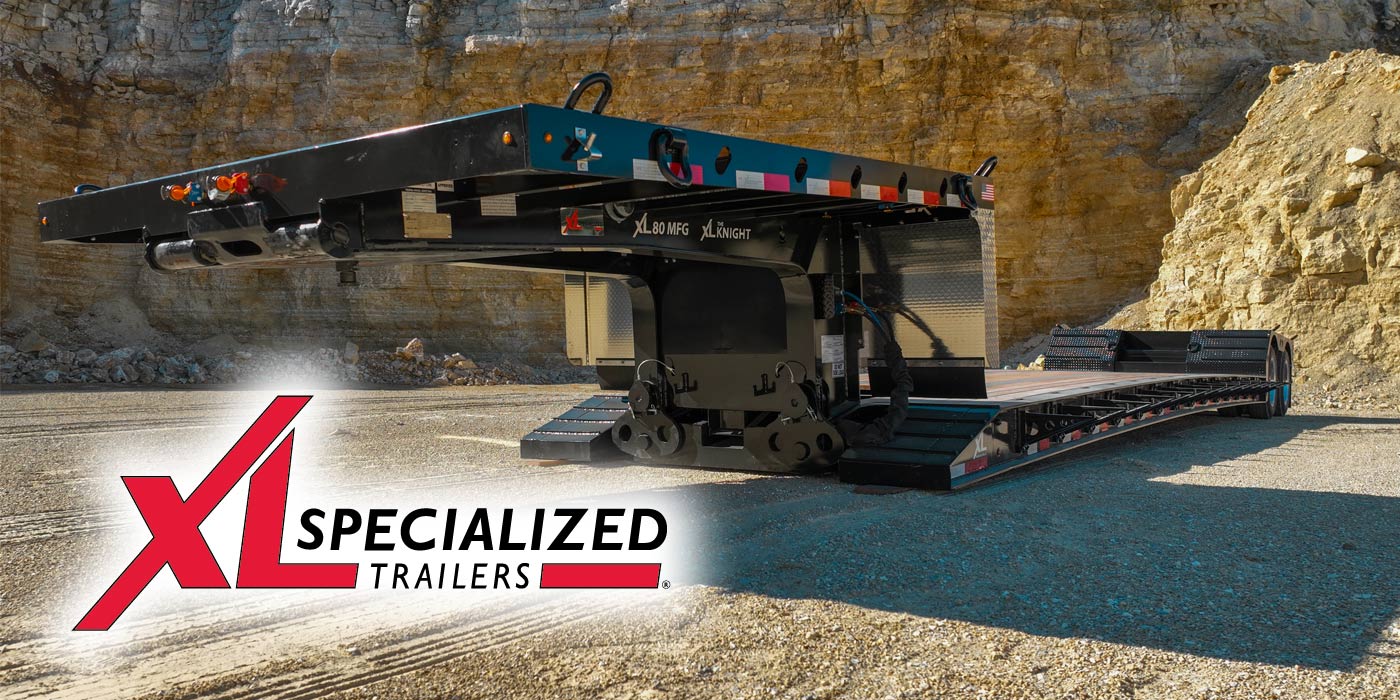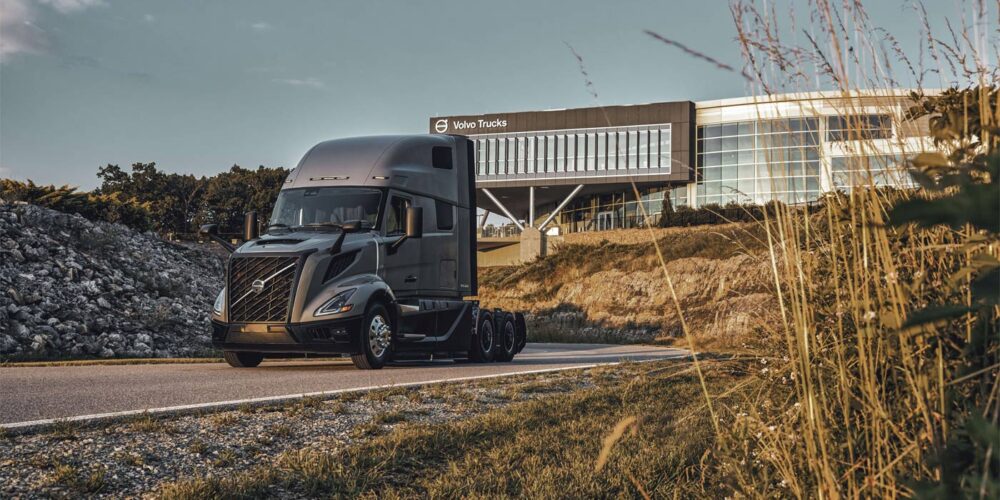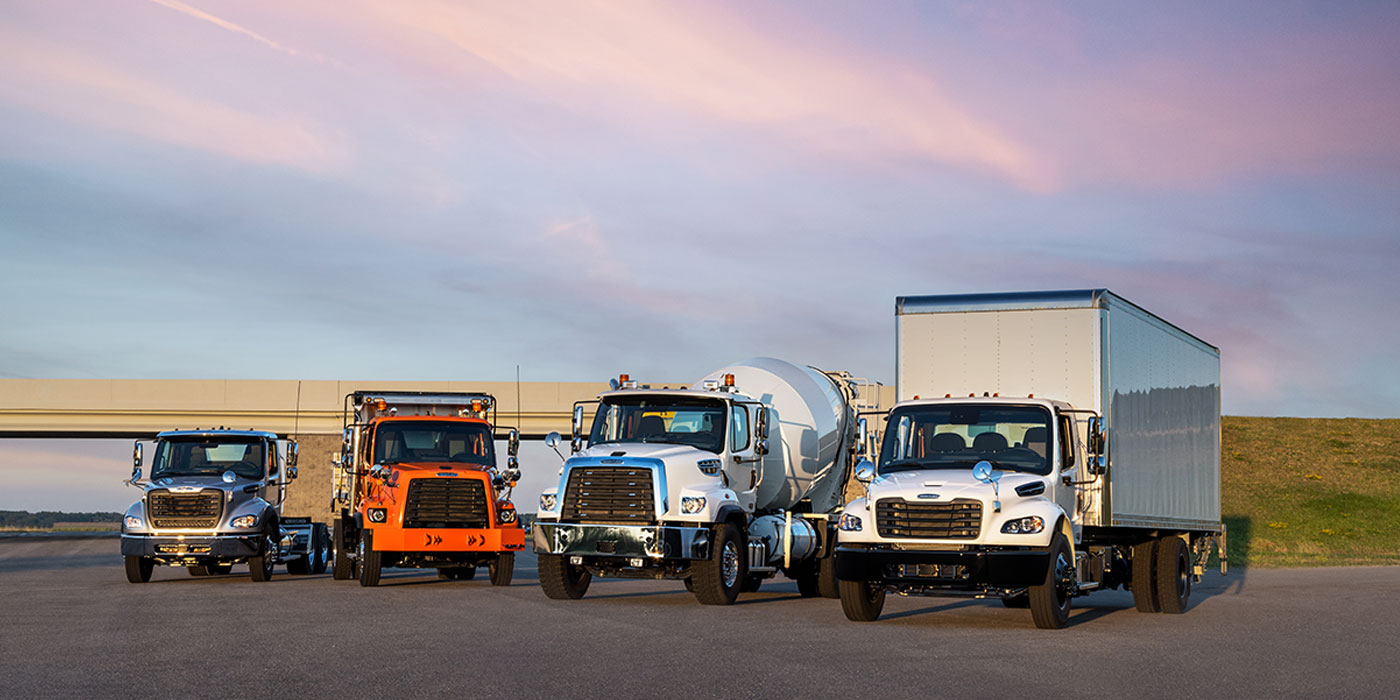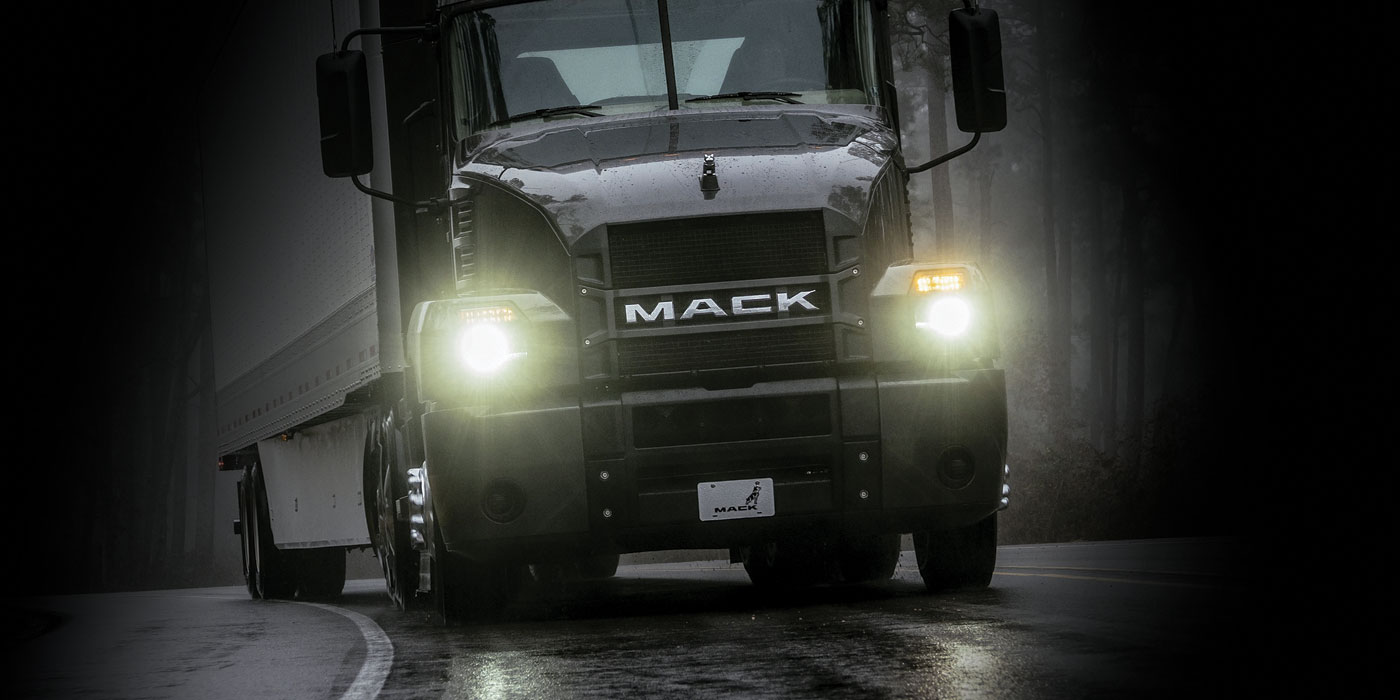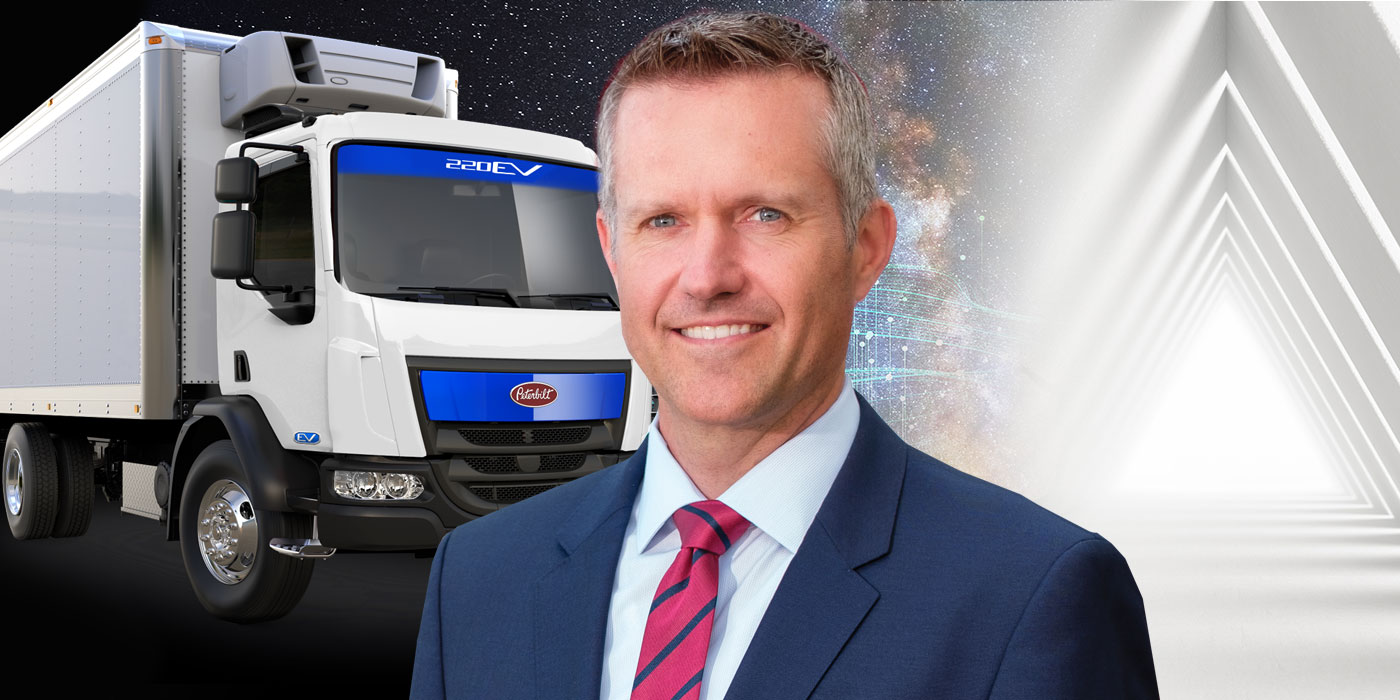Advanced safety systems continue to drive into fleets. With major fleets like UPS announcing that they are making collision mitigation systems a standard spec on all Class 8 models going forward, it’s only a matter of time before these safety systems become as commonplace as the seatbelt. The fact is that collision mitigation systems work.
“It’s not only government and university studies, but also actual customer applications which are demonstrating significant improvements in accident reduction provided by advanced safety systems such as SmartTrac Stability Control, OnGuard Collision Mitigation and OnLane Lane-Departure systems,” explained Jon Morrison, President of WABCO Americas. “For example, fleets with OnGuard have reported a 75-87% reduction in rear-end collisions and up to an 89% reduction in accident costs. With more than 80,000 OnGuard systems in the U.S. market in over 200 fleets, we have protected customers collectively for more than 27 billion miles.”
Another driving force is the cost-to-value relationship: As the relative cost of this technology declines, the value experienced by fleets increases. “Accident reduction-to-investment is providing payback to customers within two years or less,” Morrison reported. “Add to that the overall benefit to driver performance and positive contribution to the fleet’s overall safety program.
“The third key driver is that advanced brake systems are an essential part of the foundation for increased levels of vehicle automation, like platooning for example,” he continued. “Current results with products like OnGuard show the potential of automated intervention to improve vehicle and driver performance.”
Morrison pointed out that while the development of autonomous technologies is a notable industry trend and vision, it is also important not to overlook leading technologies available to the industry, today, that can immediately improve vehicle safety and efficiency. These include collision mitigation systems; lane departure systems; air disc brakes; and electronic stability control.
Click here to read more columns penned by Editor Jason Morgan.
“The trucking industry has increased its focus on autonomous or connected technologies as more and more safety and efficiency benefits surface,” he stated.
New radar- and camera-based safety technologies are the stepping-stones to tomorrow’s more advanced truck equipment. WABCO expects improved radar capability to become available at a lower cost, along with improvements in vision systems and video capture for event recording and video data analytics, a significant increase in value of sensor data for analytics and value creation and optimized system integration. “These powerful sensors continue to not only improve as components, but also provide valuable insight into truck and driver performance as a system,” he said.
In regards to the expected evolution of intelligent safety systems, Morrison anticipates improved performance and effectiveness of existing important technology such as collision mitigation, stability control, lane departure and blind spot monitoring and increased connectivity to Fleet Management Systems (FMS) and/or “the cloud.”
“We also anticipate combined use of on-truck intelligent safety systems with off-truck data processing support to provide vehicle automation and connectivity services that encourage movement to a higher level of vehicle automation and driver interaction,” he said.
The truck industry shows no sign of slowing down going into 2016. Morrison expects the market to continue at a production run rate similar to Q1 and Q2 and finish with a double-digit increase in Class 8 truck production compared to 2014.
No doubt that the trucks rolling off the OE production lines and onto tomorrow’s roads are safer, and more productive, than ever before.





